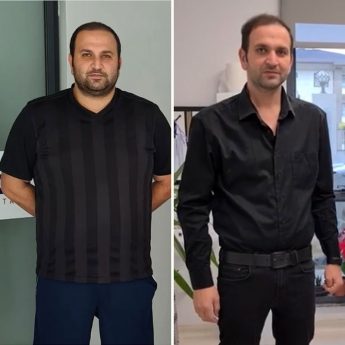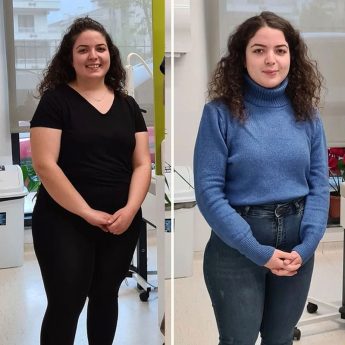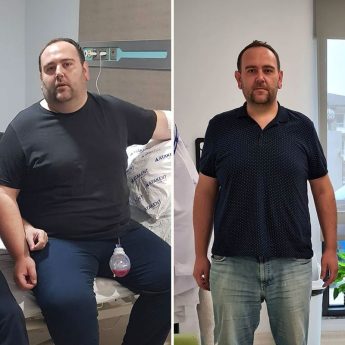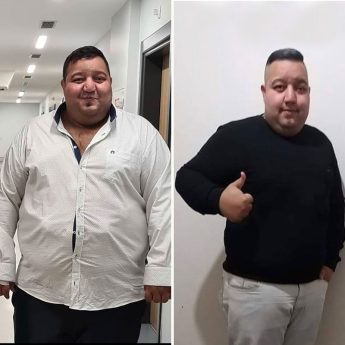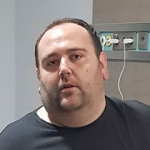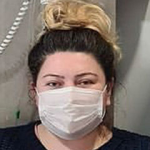Sleeve Gastrectomy is only a surgery that restricts the stomach, but it does not have an effect on calorie absorption.
The most important point in the tube stomach operation is that the effects of the surgery cannot be reversed. Because part of the individual’s stomach is completely removed. Unfortunately, this process is irreversible.
By removing part of the stomach, the stomach becomes tube-like. For this reason, it is called a tube stomach. Thus, the anatomy of the stomach changes as the stomach becomes a tube.
The permanence of tube stomach surgery distinguishes it from gastric surgical methods such as gastric balloon, gastric clamp and gastric bypass. In addition, during tube stomach surgery, no foreign body is left in the body, as is the case with gastric balloon and stomach clamp methods.
Some diseases of individuals also improve after tube stomach surgery. For example; high blood pressure, high cholesterol, vascular blockages, sleep apnea and joint disorders triggered by obesity seem to improve with weight loss after gastric sleeve surgery.
How Is It Applied?
The tube stomach operation is mostly performed laparoscopically, that is, closed. Five small junkies are opened from the individual’s abdomen. Thus, an entrance to the abdominal cavity is made from these monks. Approximately 80% of the stomach is divided with the help of a stapler (stapler). Then the divided part is removed from the body. Since the remaining part takes the form of a tube, the Tube is referred to as a Stomach in Turkish. In English, it is also called Sleeve Gastrectomy.
This Effect
After the tube stomach surgery, a 20% part of the stomach remains. Thus, it is ensured that the individual eats in smaller portions. But it’s not just that the portions of nutrients are getting smaller and their absorption is decreasing. Because the tube stomach operation is only a restrictive operation.
It does not have a absorption-reducing effect. The foods that are eaten and drunk accumulate in the stomach and then when they pass to the small intestine, the calories of these foods that we take are absorbed by the body in the same way. The lack of absorption is one of the disadvantages of this surgery. In other words, an obese individual who has stomach reduction surgery can gain weight back when he does not remove caloric foods from the nutrition program.
Since 80% of the stomach is removed and removed from the body in the tube stomach operation, unfortunately, there is no return. If desired, the stomach cannot be returned to its original state.

Weight Loss
In studies conducted among those who have had gastric sleeve surgery, it has been shown that patients can lose 80% of their excess weight in a two-year period after gastric sleeve surgery.
Of course, this generalization does not apply to everyone who has had tube stomach surgery. Because patients who want to get rid of excess weight after tube stomach surgery and maintain their shape should be willing to get used to their new lives.
Especially if you avoid foods and drinks high in fat, adopt an active lifestyle, avoid high-calorie foods and avoid acidic drinks, patients can achieve their weight loss goals.
In this process, the importance of the support of their families and close circles, as well as those who have Decubitus gastric surgery, should not be underestimated. However, it should not be forgotten that tube stomach surgery is not an end, but a beginning to get a healthy body.
Advantages of the Tube Stomach
- The amount of servings that can be eaten decreases compared to before the operation.
- It is an easier operation.
- It is a shorter operation because it is easier.
Disadvantages of the Tube Stomach
- After the operation, patients need to be fed liquid for a while.
- Since part of the stomach is removed, it is impossible to return to the original.
- It is not recommended for patients who are fond of caloric foods due to the lack of calorie absorption. (Unlike Mini Gastric Bypass and Gastric Bypass surgeries, the same absorption is performed in the small intestine. )
- People with reflux also have reflux problems after surgery.
- It is not the first choice for individuals with gastric hernia.
Complications That May Occur
Complications that may occur in the short term;
- Risk of leakage
- Risk of bleeding
- Respiratory tract infection
- Embolism
- Wound infection
- Incision site hernia
Complications that may occur in the long term;
- Stomach ulcer
- Incision site hernia
- Gallstones
- Intestinal obstruction
- Stomach rotation ( Twinsting)
- Leakage (leakage in the part where the staples are made)


